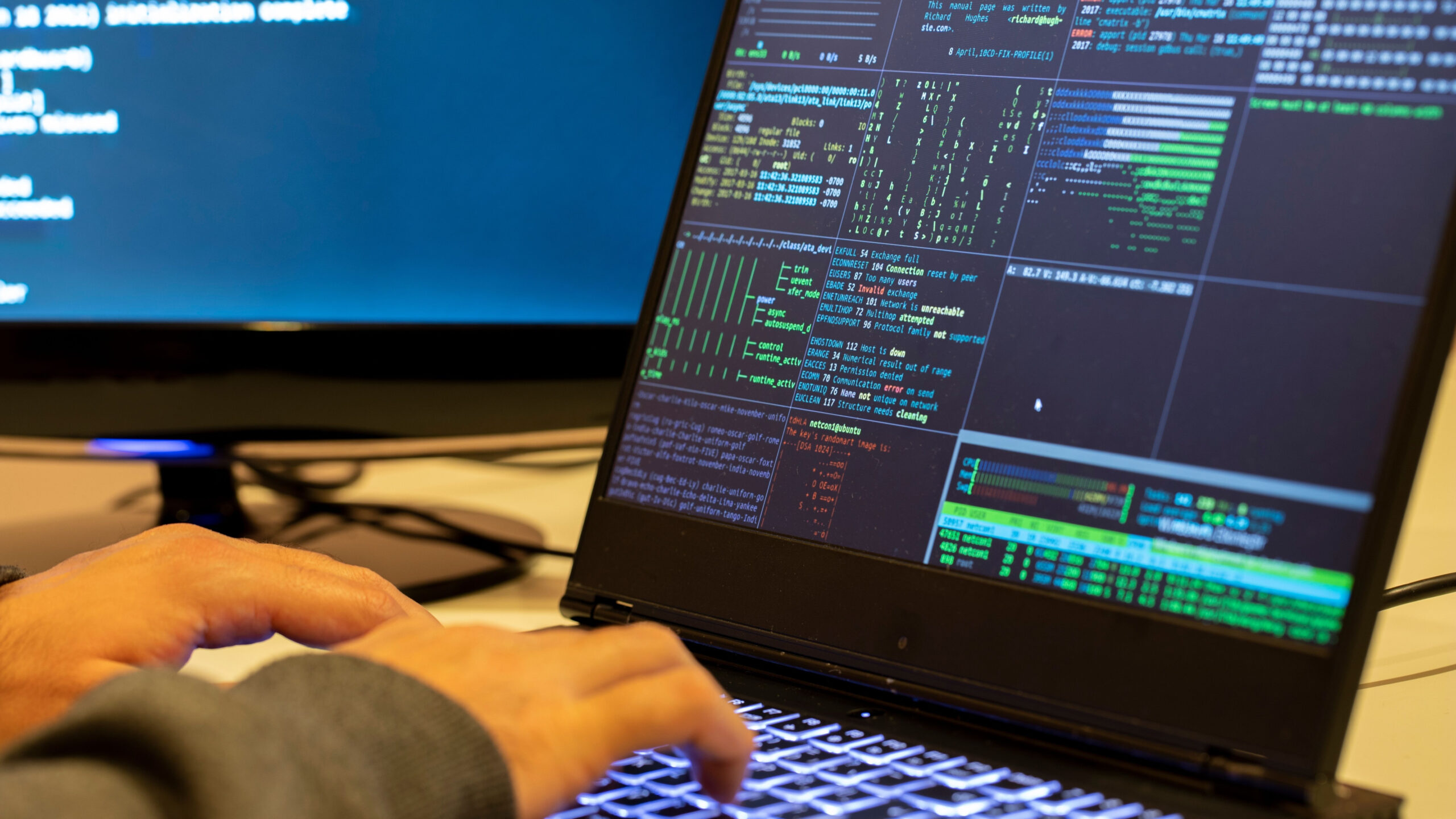2013 Brought Major Fair Use Wins: Update – Bouchat v. Ravens & NFL
Here’s a cautionary example to anyone writing their “year-end recap” posts in early December… the year isn’t over. Two weeks ago I drafted my original year-in-review post, “2013 Brought Major Fair Use Wins for Tech, Entertainment,” which summarized the large number of important copyright cases in 2013 where defendants prevailed on fair use. Yet just yesterday, in an opinion I hadn’t anticipated by year-end, the Baltimore Ravens and National Football League (NFL) prevailed on a fair use defense in the latest round of the long-running Bouchat litigation.
Click here for the 4th Cir. opinion (PDF).
The case involved the original logo design of the Baltimore Ravens football team. The Ravens’ original logo “bore a strong resemblance to one” that the plaintiff, Frederick Bouchat, had offered to the Maryland Stadium Authority in the mid-90s, before the launch of Baltimore’s team. Bouchat was given no compensation by the team, however, and sued for infringement in 1997. A jury eventually found in favor of Bouchat, but awarded him no monetary damages. The Ravens then adopted a new logo, currently in use.
Bouchat then proceeded to bring suit against a number of NFL licensees, who had used the old logo in cases such as merchandising. He then brought another suit against the Ravens franchise for continuing to show season highlight films and historical footage that contained the original, infringing logo. In 2012, Bouchat sued again, this time claiming the Ravens and the NFL infringed his copyright due to what the Fourth Circuit characterized as “incidental[]” appearances of the original logo in videos, including on NFL.com, and in photographs in historical exhibits on display in the Ravens stadium.
Represented by IP powerhouse Quinn Emanuel, the Ravens and NFL argued their uses were fair. Bouchat, on the other hand, contended that the preceding decisions in the dispute foreclosed such a defense. The MPAA and others appeared to support the Ravens and NFL’s fair use position, challenging Bouchat’s “woefully cramped view” of Section 107.
Yesterday, the Fourth Circuit agreed. Writing for the court, Judge Wilkinson affirmed the trial court’s fair use ruling, declaring that “[a]ny other result would visit adverse consequences not only upon filmmaking but upon visual depictions of all sorts.” Judge Wilkinson pointed to the MPAA et al. amicus brief when stating, “[f]or creation itself is a cumulative process; those who come after will inevitably make some modest use of the good labors of those who came before,” and adding that fair use “is crucial to the exchange of opinions and ideas.”
Wilkinson explained that a decision to the contrary “would force those wishing to create videos and documentaries to receive approval and endorsement from their subjects,” who could “simply choose to prohibit unflattering or disfavored depictions.” This conclusion follows from the Supreme Court’s unanimous 1994 decision in Campbell v. Acuff-Rose, which Wilkinson cited repeatedly. Campbell, readers may recall, involved 2 Live Crew’s arguably ‘unflattering’ and ‘disfavored’ cover of Roy Orbison’s “Pretty Woman,” and parodied the sappy love song into a bawdy, leering outburst. Having been denied a license, the band proceeded in any event, and was sued. In the Campbell case, as in the Bouchat dispute here, the Supreme Court undoubtedly sought to avoid permitting the subject of commentary from suppressing disfavored speech. “This regime, the logical outgrowth of Bouchat’s fair use position,” Wilkinson’s opinion argues, “would chill the very artistic creation that copyright law attempts to nurture.”
Judge Wilkinson also dismissed any relevance of the potentially unsympathetic nature of the defendants, saying,
“[t]he NFL may not arouse sympathies in the way that a revered artist does, but the consequences of this case reach far beyond its facts. Society’s interest in ensuring the creation of transformative works incidentally utilizing copyrighted material is legitimate no matter who the defendant may be.”
One might consider whether these latter observations have any bearing on the ongoing Beastie Boys v. Goldieblox dispute.








